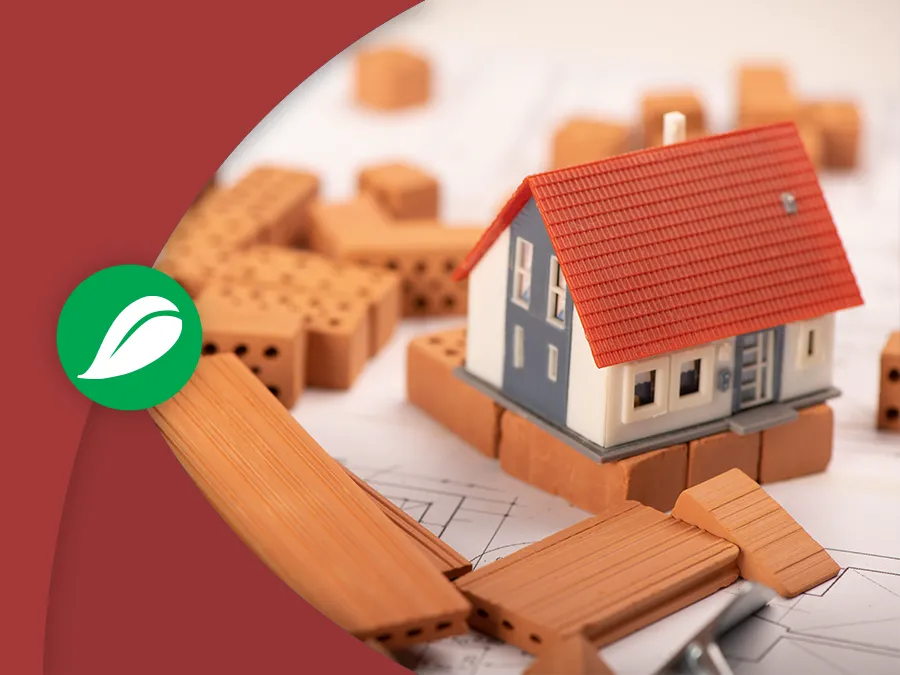Content index
2024 appears to be a transitional year for tax incentives related to energy efficiency interventions, with the focus on the 110% Superbonus and the imminent arrival of the new 90% Ecobonus. Despite government restrictions and the shadow of reduced deductions, some fortunate individuals can still benefit from these incentives, although the government has decided to limit discounts with a budgetary perspective.
Superbonus 110%: Mini-sanction at the end of 2023
From January 1, 2024, the Superbonus contribution has been reduced to 70%, with a further drop to 65% in 2025. However, a mini-sanction has been introduced for works not completed by December 31, 2023. The "poverty fund" has been established for incomes with an Isee below 15,000 euros to compensate for the difference between the previous 110% rate and the current 70%. This is only possible if the works reach a progress state of 60% by the end of 2023.
For those who opted for the assignment of credit or the invoice discount based on the state of work progress (Sal) until December 31, 2023, the Superbonus 110% deductions will not be recovered if such interventions are not completed, even if the requirement for improvement of two energy classes has not yet been met.
For ongoing works, only those who have submitted the affidavit by December 31, 2023, can maintain the benefit in its original 110% amount. The affidavit requires certification from a qualified technician attesting to the compliance with the technical requirements of the interventions and the appropriateness of the expenses incurred.
Who can still have it in 2024
To ensure the completion of Superbonus 110% construction sites and protect low-income citizens, a poverty fund is provided. This fund will be allocated to citizens with low Isee (15,000 euros) who have carried out works by 2023 at least 60%. The contribution will be disbursed by the Revenue Agency, within the limits of available resources, and will not contribute to the formation of the tax base.
New Ecobonus at 90%
By 2025, the introduction of the new Ecobonus linked to the National Recovery and Resilience Plan (Pnrr) is expected, particularly to the Repower Eu chapter. Although the extraordinary contribution for renovations is not entirely canceled, it will be reformulated with stricter criteria. The new chapter of the Pnrr, with funds from RepowerEu, will also include resources for energy efficiency interventions, totaling 21.3 billion.
The timing and technical details will be crucial for the application of Superbonus 2.0, which could involve families at risk of energy poverty and young people. Between 15,000 and 20,000 new renovation works are expected, with the possibility of reintroducing the invoice discount. Also coming is a decree from the Council Presidency that will involve sports centers, public residential construction, cultural places, hospitals, schools, universities, churches, and barracks.
New approach to ESCOs
Probably, works will no longer be funded through the mechanism of tax deductions but will be managed directly by ESCOs, companies in the energy sector. The selection of an operational partner, independent of the government, to coordinate operations will be essential. By 2024, the government must define the financial mechanism and intervention criteria, ensuring that resources are allocated to ESCOs according to Brussels regulations.
In conclusion, 2024 presents itself as a transitional year for tax incentives related to energy efficiency interventions. It will be crucial for citizens and businesses to adapt to the new rules and understand the opportunities offered by the changing regulatory landscape. The evolution of Superbonus and the introduction of the new Ecobonus represent challenges and opportunities for those seeking to improve the energy efficiency of their homes

